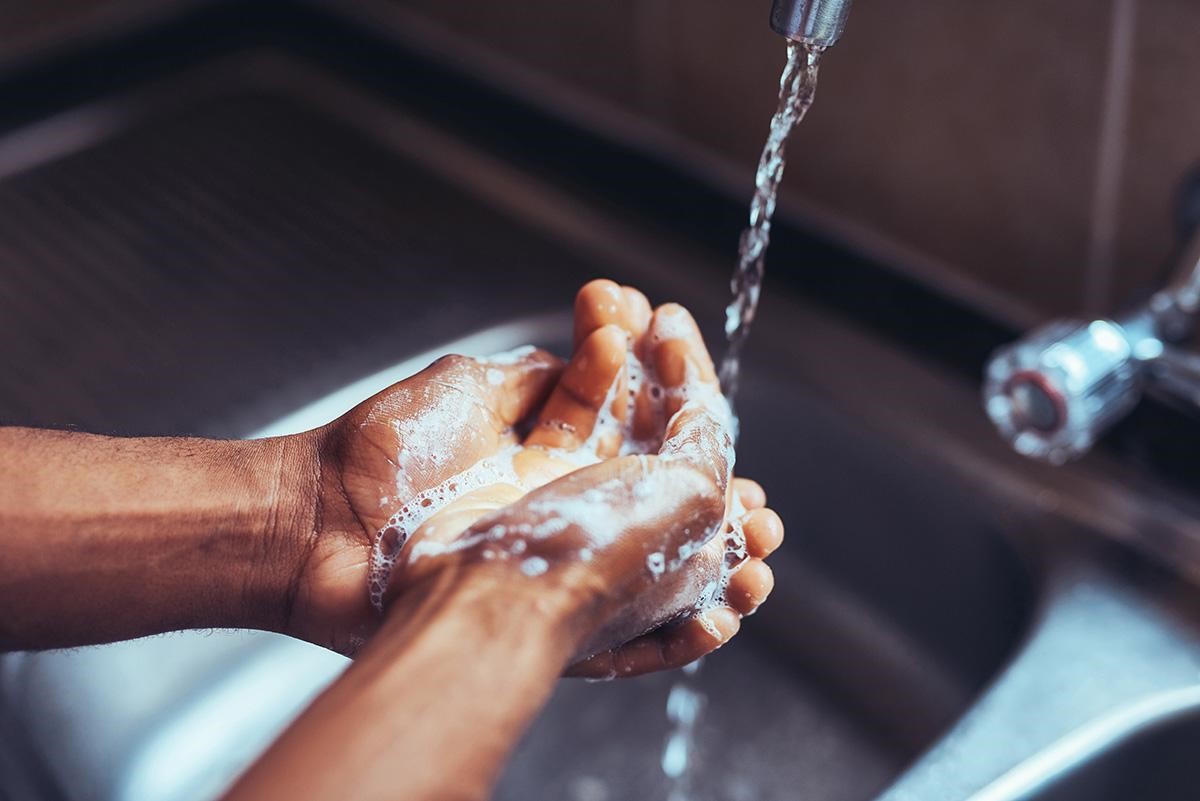Coping with OCD during the COVID-19 outbreak
- 0About this program
- 1What is Covid-19 and how serious is it?
- 2What are the experts saying?
- 3Adapting to the new (temporary) normal
- 4COVID-19 vs Your OCD Symptoms
- 5Talking to Kids about COVID-19
- 6What are teletherapy and telepsychiatry?
- 7Watch our OCD/Coronavirus TOWN HALL
- 8Relevant articles and Resources
Content on HealthUnlocked does not replace the relationship between you and doctors or other healthcare professionals nor the advice you receive from them.
Never delay seeking advice or dialling emergency services because of something that you have read on HealthUnlocked.
COVID-19 vs Your OCD Symptoms
If you struggle with contamination fears:

- Give yourself permission to set a basic safety plan based on the recommendations of trusted health organizations, and do not add to it.
Disinfect surfaces once a day. Focus on the surfaces in your home that are frequently touched, and think about whether this is truly needed (for example, if you stayed home all day and had no visitors, do you really need to disinfect that doorknob?). This process shouldn’t take you more than a few minutes per day.
Wash your hands with soap and water for 20 seconds after being outside or in public, before eating, after going to the bathroom, and after you’ve coughed/sneezed/blown your nose. If soap and water are not available to you, use hand sanitizer that contains at least 60% alcohol.
- If you want to do more than this, pick a person to help you figure out what might be a reasonable and rational safety measure to take.
If you struggle with perfectionism:
Remind yourself that no one can protect themselves “perfectly” from COVID-19, and no one expects you to. Times like these call for using your common sense instead of going to perfectionistic extremes.
Remember that trusted health organizations aren’t thinking about people with OCD and/or perfectionism when they set public health guidelines, and thus it might be helpful to talk to a trusted friend, family member, and/or your therapist to help figure out what “common sense” might mean. Your therapist can be especially helpful in figuring out how to apply these guidelines in a way that meets health standards without sending you deeper into your OCD.
If you struggle with thoughts of harming others:
Be mindful that your OCD may take advantage of COVID-19 fears by telling you that you might have infected someone or that you are going to infect someone in the future, whether accidentally or on purpose.
If you’re noticing these intrusive thoughts, or that you’re doing compulsions related to these thoughts, check in with your therapist and let them know how your symptoms might have changed. They can work with you to come up with new exposures and/or homework activities to help contain them.
Content on HealthUnlocked does not replace the relationship between you and doctors or other healthcare professionals nor the advice you receive from them.
Never delay seeking advice or dialling emergency services because of something that you have read on HealthUnlocked.